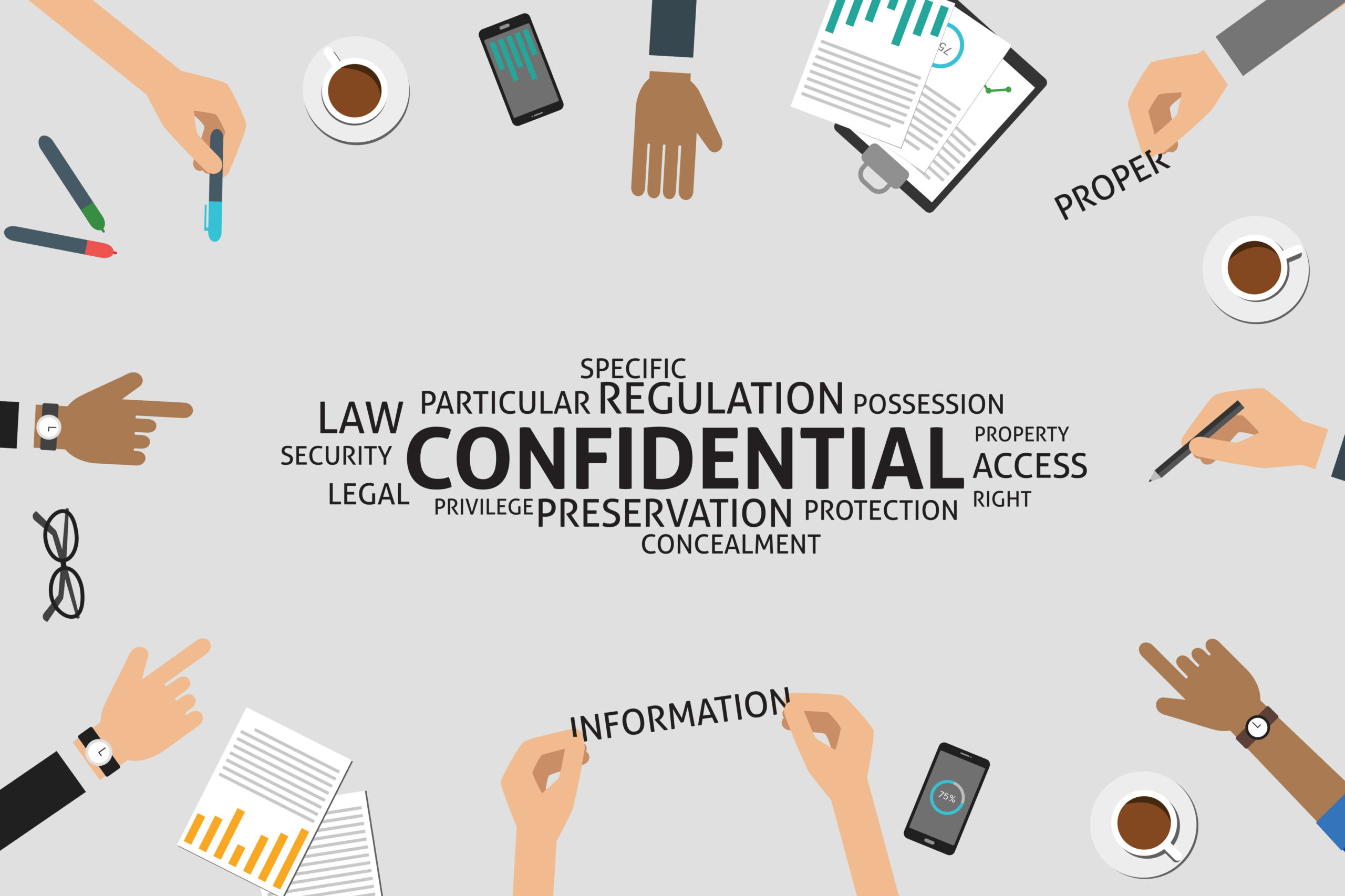Ethics: Opposing counsel inadvertently sends you privileged information. Now what?
Ethics: Opposing counsel inadvertently sends you privileged information. Now what?
By Sari W. Montgomery
What are a lawyer’s duties when he or she receives information from an opposing party or counsel that is clearly privileged, or when it is apparent that the information was inadvertently sent? Although the receiving lawyer’s initial inclination may be to celebrate his or her good fortune, the Rules of Professional Conduct[1] require that the receiving lawyer provide the sender with at least the opportunity to remedy the error. Specifically, ABA Model Rule 4.4(b) provides that, “[a] lawyer who receives a document or electronically stored information relating to the representation of the lawyer’s client and knows or reasonably should know that the document or electronically stored information was inadvertently sent shall promptly notify the sender.” See also, ABA Formal Ethics Op. 05-437. Although prior versions of the rule explicitly required the receiving lawyer to refrain from reviewing the material and, upon notifying the sending lawyer, to abide by their instructions, the current rule eliminated those additional requirements, and instead only dictates that the receiving lawyer promptly notify the sender. Such notice provides the sender the opportunity to take protective steps, which may result in the receiving lawyer being required to return, destroy, or refrain from using the materials, depending on the individual circumstances of, and law governing, each case. ABA Model Rule 4.4, Cmt. 2.
A recent highly publicized case illustrates the importance of a lawyer knowing what to do when she receives information that was likely inadvertently sent, as well as the sender knowing the steps to take to mitigate the damage, and the catastrophic consequences that can result by failing to take those steps.
By now, most people have heard about the infamous text messages that served as the “smoking gun” evidence in the 2022 defamation case against InfoWars radio host Alex Jones brought by the parents of the victims of the Sandy Hook tragedy. Theshort version is that, shortly before the trial in Texas, lawyers for Jones inadvertently turned over a digital copy of the entire contents of Jones’ cell phone, including damning text messages about the massacre that contradicted Jones’ prior assertions, under oath, denying the existence of those text messages, and other medically sensitive documents related to his false statements about the shootings and other conspiracy theories. Mark Bankston, one of the lawyers for the plaintiffs, confronted Jones with the text messages during a withering, Perry Mason-esque cross-examination, during which Bankston noted that Jones’ lawyers had “messed up and sent me your entire cell phone texting history 12 days ago.” Bankston further informed Jones that, upon receipt of the information, he promptly notified Jones’ lawyers, but that they took no steps to identify the information as privileged, or otherwise attempt to protect the information or to prohibit Bankston from using it within the 10 days allowed by Texas law. The only action Jones’ lawyers took was to request that Bankston “delete the link” to the information. Jones’ lawyers did nothing to assert a privilege, attempt to retrieve, prohibit the use of, or to otherwise protect any information that might have been downloaded from that link.
Fast forward a few months to the disciplinary proceeding against Jones’ lawyer in the Texas case, AndinoReynal, whose staff inadvertently sent the text messages and other privileged and sealed documents to the plaintiffs’ lawyers, and who then failed to timely take protective measures. Although the judge in the disciplinary proceeding found that Reynal violated the Rules of Professional Conduct mandating competency and safekeeping of property by failing to take any protective measures upon being notified of the disclosure, she declined to impose discipline citing his cooperation, lack of a selfish or dishonest motive, and otherwise clean disciplinary record. However, Norm Pattis, the lawyer who represented Jones in a related Connecticut matter in which the text messages and other documents were originally obtained, was suspended for six months after he provided the information to a lawyer in Jones’ bankruptcy proceeding (who subsequently forwarded the information to Reynal), in violation of various protective orders.
The two important takeaways from this case are: 1) if a lawyer receives information that she knows or reasonably should know was inadvertently sent, she has an ethical obligation to promptly notify the sender of the disclosure (as Bankston did in the Jones case); and 2) upon receipt of such notice, the sending lawyer has an ethical obligation to take affirmative steps to retrieve or otherwise protect the information that was inadvertently sent in order to fulfill his or her duties of competence and safeguarding the property of a client or third person (as Reynal failed to do in the Jones case). Such affirmative steps could include, but are not limited to, requesting that the receiving lawyer return, destroy, and/or refrain from using all copies of the protected material or, if the receiving lawyer refuses, filing appropriate motions to seek relief from the court.
- [1] All references herein are to the Model Rules of Professional Conduct. Readers should consult the specific Rules of Professional Conduct applicable in their jurisdiction before proceeding as the Rules and requirements can vary.
![]() Sari Montgomery is a partner at Robinson, Stewart, Montgomery &Doppke in Chicago, Ill. Her practice involves representing attorneys in legal ethics and professional responsibility proceedings. She can be reached at [email protected].
Sari Montgomery is a partner at Robinson, Stewart, Montgomery &Doppke in Chicago, Ill. Her practice involves representing attorneys in legal ethics and professional responsibility proceedings. She can be reached at [email protected].
Share this story, choose a platform
Brought to you by BridgeTower Media
Free Weekly Newsletter
Recommended content
Public relations: A positive public profile can bring professional rewards to lawyers
Public relations: A positive public profile can bring professional rewards to lawyers By Ellen Keiley Lawyers who stand out in [...]
What you can do to foster relationships that lead to business
Navigating these four stages of business relationships is essential for successfully nurturing and keeping clients. Read more @ lawvision.com
The best times of day to post on social media
To help maximize your impact on social media, here are the best times to post items on the most popular [...]
Being a better public speaker as a lawyer
Tips on how lawyers can better achieve three “Cs” of effective public communications – being calm, confident and in control. [...]






